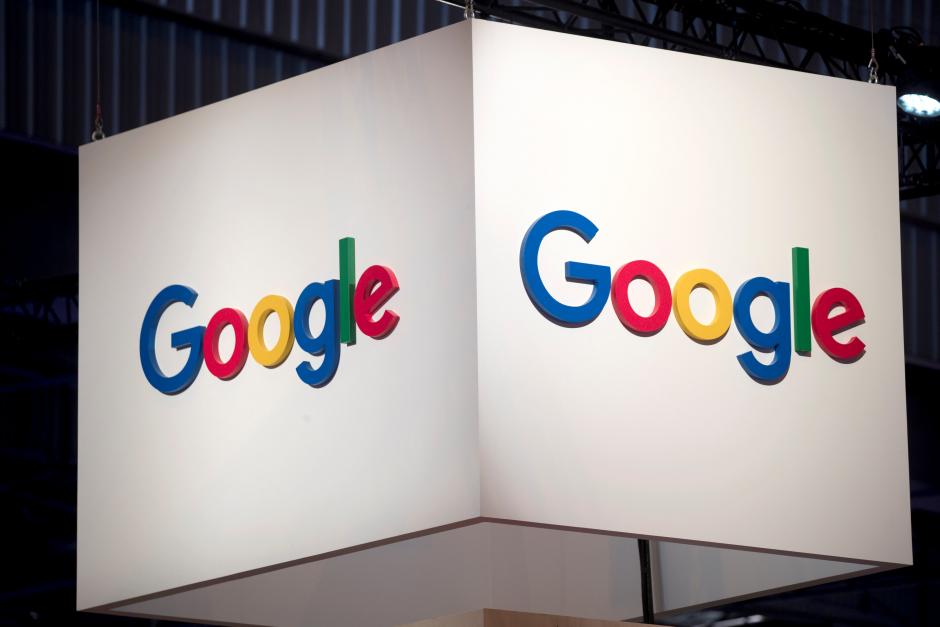Google invests half a billion dollars
June 18, 2018 | Expert Insights

Tech giant Google said it will invest $550 million in China's second-largest e-commerce firm, JD.com. With this, Google aims to push deeper into online commerce.
Background
Google LLC is an American multinational technology company that was founded in 1998 by Larry Page and Sergey Brin while they were Ph.D. students at Stanford University, in California. It specializes in Internet-related services and products. These include online advertising technologies, search, cloud computing, software, and hardware. In August 2015, Google announced plans to reorganize its various interests as a conglomerate called Alphabet Inc.
Alphabet declared that it made $3.5 billion in net income and saw sales of $26 billion in the second quarter of 2017. The profit would have been larger had it not been for the fine levied on the company by the European Union this year. The year-on-year profits also fell by almost 30%.
However, the company has grown significantly in the second quarter. The revenue is up by 21% as compared to the same period in 2016. Much of Google’s revenue comes from two advertising programs called AdWords and AdSense (Google’s annual revenue stands at $90 billion). Both programs have been under the EC’s scanner since 2010.
In 2011, Google bought Motorola Mobility for around $12.5 billion. In 2014, it sold the assets left of Motorola Mobility to the Lenovo Group. This deal was worth $2.9 billion. In September 2017, Google acquired Taiwanese consumer electronics company HTC Corporation. HTC was founded in 1997. It designs and manufactures electronic devices such as mobile phones and tablets. HTC and Google have collaborated on products for nearly a decade.
Analysis
As part of a strategic partnership, Google is investing $550 million in China’s JD.com Inc. as the US search giant pushes deeper into online commerce. Google will buy newly issued Class A shares at $20.29 per share, equivalent to $40.58 per ADS, the companies said in a joint statement.
The latest deal is aimed at combining JD’s expertise in logistics and supply chain with Google’s technology to experiment with changes in how people shop. The companies aim to explore joint development of retail solutions in regions, including Southeast Asia, the US, and Europe. The deal comes just a week after Google struck an alliance with Carrefour SA to sell groceries online in France through the US company’s platforms including Home and Assistant.
JD.com said it planned to select items available for sale in places like the US and Europe through Google Shopping — a service that lets users search for products on e-commerce websites and compare prices between different sellers.
Partnering with Google gives visibility to products and makes it convenient for consumers to purchase them online. Google’s shopping service will help win back product searches from Amazon and stay relevant in the voice-powered future of e-commerce.
The Chinese e-commerce company competes aggressively with Jack Ma's Alibaba in China's massive e-commerce market. Both companies have invested significantly in technology, retail and logistics to win over consumers.
Recently, JD.com has been testing out drone delivery services to reach China's rural consumers while keeping the logistics cost relatively low. JD.com also teamed up with US retail giant Walmart in the grocery business. Reports said Walmart opened a small high-tech supermarket in China where consumers can use smartphones to pay for items that are mostly available on its virtual store on online platform JD Daojia, an affiliate of JD.com.
Assessment
Our assessment is that this move by Google signals its growing ambitions in e-commerce. The partnership would open a channel for JD.com to sell to consumers outside China, especially at a time when trade tensions between Beijing and Washington are high. We believe that a trade war could end up hurting a lot of American brands. The current uncertainty has led Chinese companies to pause over their US expansion plans.
Read more - Google and the Business of War








Comments